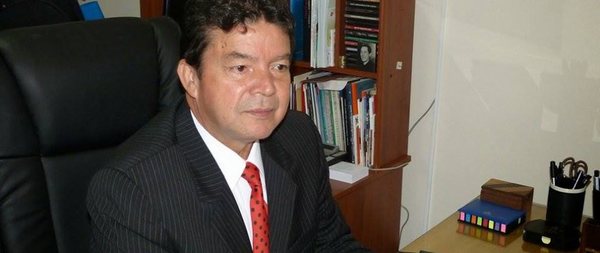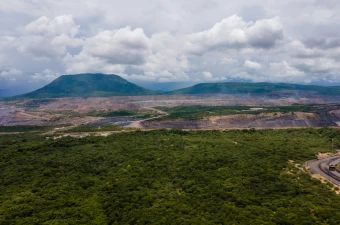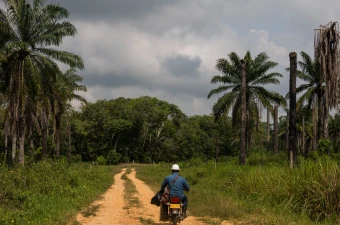Colombian President Santos wants to speed up the implementation of the peace process in the country. He has invited trade union leader Julio Roberto Gomez to advise him in this matter.

Besides the leader of trade union CGT, the President has invited Cardinal Rubén Salazar and Ati Quiguato (representing indigenous tribes and several retired politicians), to sit on the committee, with others.
"I want to contribute to the peace process", says the Colombian union leader in response to the president's request. "Peace does not only mean the end of conflict. Peace should be the starting point for establishing social justice".
President Santos is "looking for people from various backgrounds, in order to guarantee a more diverse vision on the peace process. They will guide us in the last stage of the peace process. These are Colombians with a good reputation, and whose experience, independence, and commitment to the country are not in dispute," according to President Santos. The new committee will also advise the team that is negotiating with FARC in the Cuban capital of Havana.
Last December, FARC announced a unilateral cease-fire, as well as a moratorium on the recruitment of youth under 17. The President has now announced a similar cease-fire, with the exception of the ELN guerilla.
Terror against the Unions in Colombia
Trade union leaders have been the target of terrorist activities in Colombia for years. Colombia tops the list of countries with fatal victims among unionists. Black lists with the names of union leaders circulate in the country, and the family members of unionists are often threatened as well. Much is done to protect union leaders, but there are still many victims. To coordinate and structure the battle against anti-union terror, CNV Internationaal, together with confederation CGT and with the support of the EU, initiated a Human Rights Platform in May last year.
Peace Process brings new challenges
After more than two years of negotiations, a peace agreement for Colombia is within reach. Since the mid-sixties, an armed power struggle has been taking place in Colombia between paramilitary groups, guerillas, drug gangs, and the government. Peace talks between the government and guerilla movement FARC have been held in Cuba since 2012. This has already led to two agreements, while a third agreement is imminent.
It is expected that the final agreements will be reached in 2015, making an end to the armed conflict. A new era will start for Colombia with a transition period and a post-conflict agenda with points for improvement. Because of Santos' re-election in 2014, it is expected that the negotiations for a peace agreement will be successful.
Young demobilised Soldiers looking for a new life
This potential new scenario however, is not all positive. A large number of demobilised soldiers, mainly young men, will have to find a new way of life. CNV Internationaal sees opportunities for the confederation, and encourages CGT to prepare itself for the new situation.
In addition, Colombia has become a prospective member of the OECD. Here too, opportunities present themselves, for example when it comes to compliance with labour rights. For actual accession Colombia must comply with strict demands, so this is an opportunity to strive for better compliance with labour rights and human rights.
Publication date 31 03 2015


